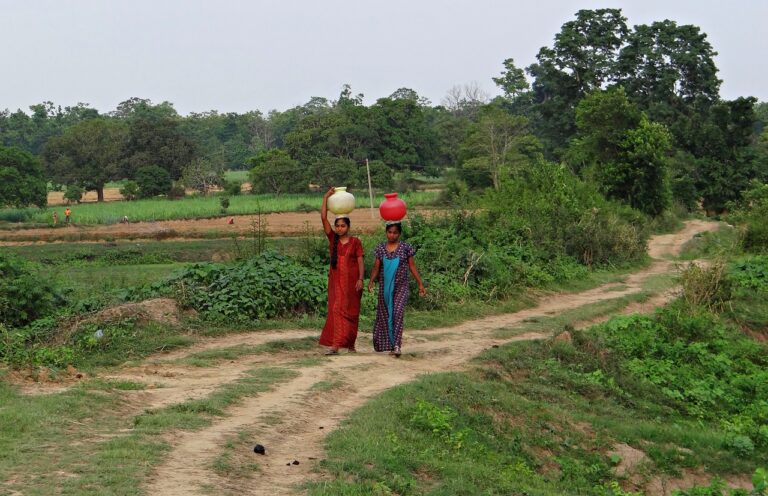Best Tools for Managing Election Campaigns: Betbhai 9, Playexch, Gold365.win login
betbhai 9, playexch, gold365.win login: Sustainability Practices in Political Events
Political events often draw large crowds and media attention, making them an excellent platform for politicians to communicate their messages and connect with supporters. However, these events can also have a significant impact on the environment due to the resources they consume and the waste they generate. In recent years, there has been a growing recognition of the importance of incorporating sustainability practices into political events to minimize their environmental footprint and promote a more eco-friendly approach. In this blog post, we will explore some of the key sustainability practices that can be implemented in political events to help protect the planet and create a more sustainable future.
Reduce Waste
One of the most important sustainability practices in political events is waste reduction. Events can generate a significant amount of waste, including food waste, single-use plastics, and promotional materials. To minimize waste, event organizers can work with vendors to use compostable or recyclable materials, provide recycling bins for attendees, and encourage participants to bring their own reusable water bottles and containers. By reducing waste, political events can help reduce their impact on the environment and move towards a more sustainable future.
Green Transportation
Another key sustainability practice in political events is promoting green transportation options. Many attendees travel to events by car, contributing to carbon emissions and air pollution. Event organizers can encourage attendees to carpool, use public transportation, or ride bicycles to reduce their environmental impact. Additionally, venues can provide designated parking for electric vehicles and offer incentives for attendees who choose eco-friendly transportation options. By promoting green transportation, political events can help reduce their carbon footprint and promote sustainable travel practices.
Energy Efficiency
Energy consumption is another important consideration in sustainability practices for political events. Events can consume a significant amount of energy for lighting, sound systems, and heating or cooling venues. Event organizers can reduce energy consumption by using LED lighting, energy-efficient appliances, and setting thermostats to conserve energy. Additionally, venues can use renewable energy sources such as solar panels or wind turbines to power events. By improving energy efficiency, political events can reduce their impact on the environment and promote sustainable energy practices.
Water Conservation
Water conservation is also a key sustainability practice that can be implemented in political events. Events can consume large quantities of water for drinking, sanitation, and landscaping. Event organizers can reduce water usage by providing water stations with reusable cups or bottles, using drought-resistant landscaping, and fixing leaks or water waste. Additionally, venues can implement water-saving fixtures and systems to minimize water consumption. By conserving water, political events can help protect this valuable resource and promote sustainable water practices.
Sustainable Catering
Food and beverage services are an essential component of political events, but they can also have a significant impact on the environment. Event organizers can promote sustainable catering practices by sourcing local and organic foods, reducing food waste, and using compostable or reusable serving ware. By choosing sustainable catering options, political events can support local farmers, reduce their carbon footprint, and promote healthy and environmentally-friendly food choices.
Community Engagement
Community engagement is a crucial aspect of sustainability practices in political events. By involving local communities in event planning and decision-making, event organizers can build partnerships, raise awareness about sustainability issues, and create a sense of shared responsibility for environmental stewardship. Event organizers can engage community members through outreach campaigns, volunteer opportunities, and educational programs to promote sustainability practices and encourage community involvement in political events.
Conclusion
In conclusion, sustainability practices are essential in political events to minimize their environmental impact and promote a more eco-friendly approach. By implementing waste reduction, green transportation, energy efficiency, water conservation, sustainable catering, and community engagement, political events can help protect the planet and create a more sustainable future. As political events continue to play a significant role in shaping public discourse and decision-making, it is crucial for event organizers and participants to prioritize sustainability practices and work towards a more sustainable and environmentally-conscious future.
FAQs
Q: Why are sustainability practices important in political events?
A: Sustainability practices are important in political events to minimize environmental impact, promote eco-friendly practices, and create a more sustainable future for all.
Q: How can event organizers incorporate sustainability practices into political events?
A: Event organizers can incorporate sustainability practices into political events by implementing waste reduction, green transportation, energy efficiency, water conservation, sustainable catering, and community engagement initiatives.
Q: What are some benefits of incorporating sustainability practices into political events?
A: Benefits of incorporating sustainability practices into political events include reducing carbon emissions, promoting eco-friendly practices, supporting local communities, and raising awareness about environmental issues.







